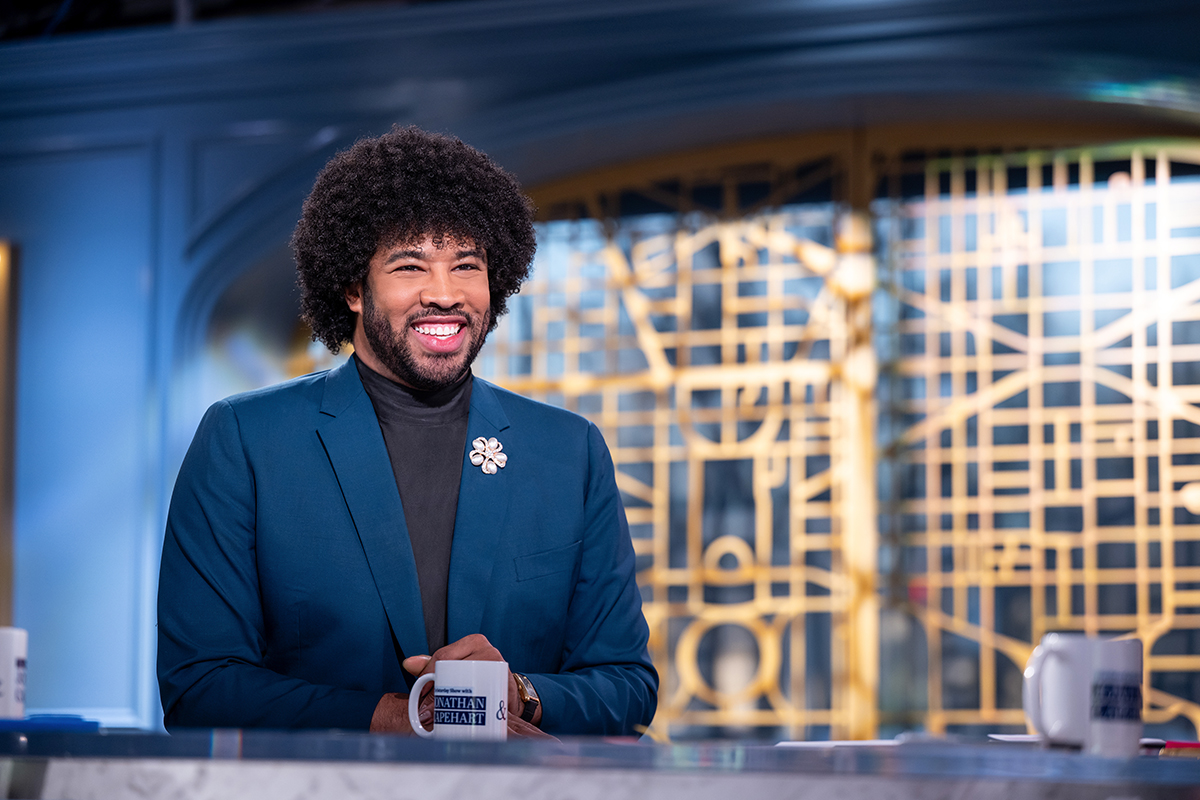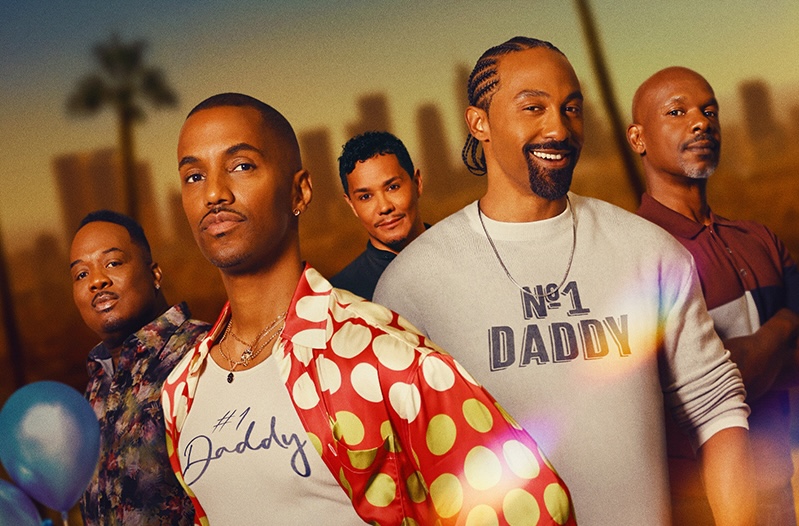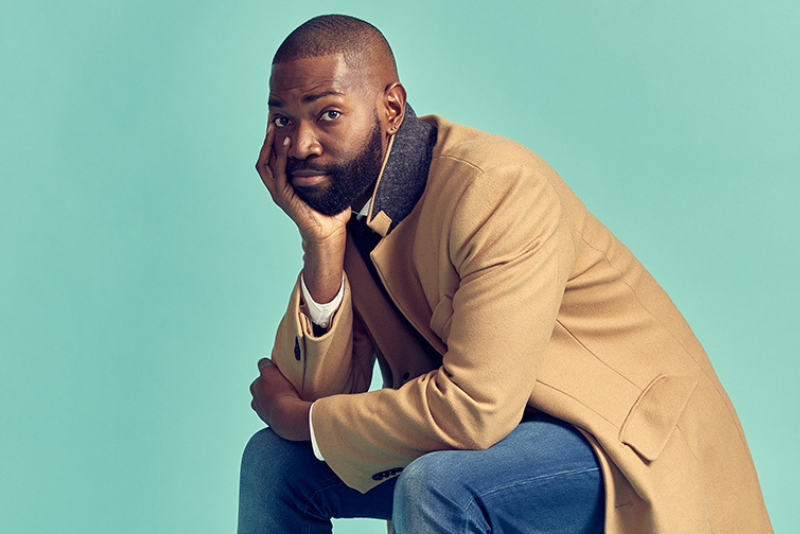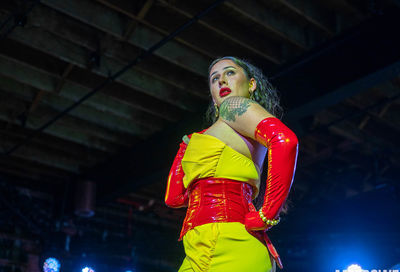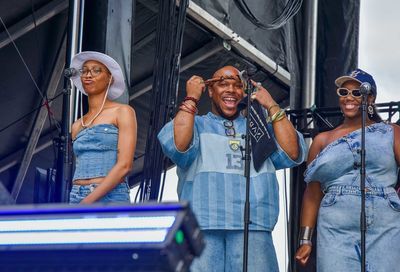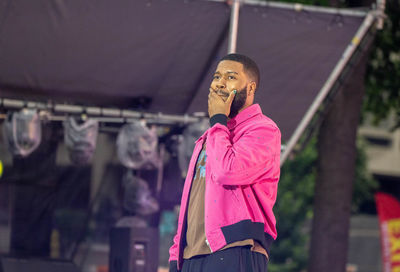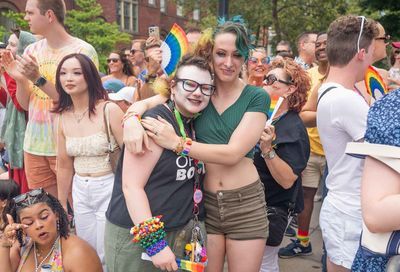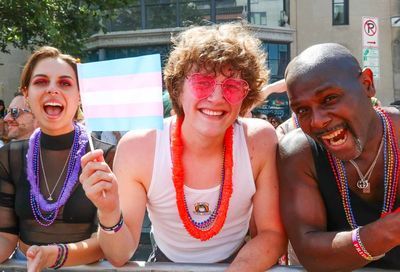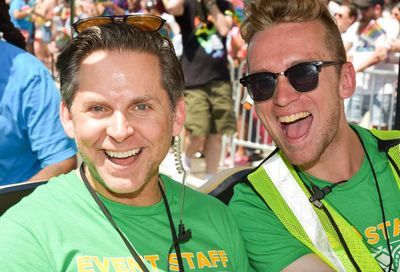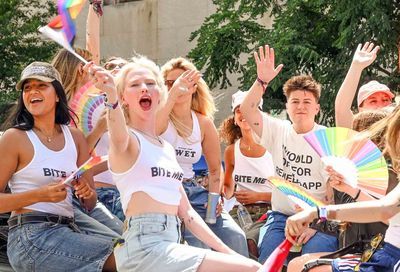Frontline Figure
Politico Rising
MW: Why do you think it took so long for Rustin to receive this recognition?
NORTON: There have been other commemorations so you might have thought he would have been recognized before this, but there have been lots of civil rights leaders who haven’t been recognized, either. And he was not a front man in the Civil Rights Movement, nor did he want to be.
MW: In your time knowing him, did you ever witness any negative reaction toward him because he was gay?
NORTON: This is interesting. It was certainly before sexual orientation was even discussed. But we were young people and he was out – very out. There were some among us who tried to make sure he behaved himself, because he was so precious to us.
Now, during the march he was attacked [by Strom Thurmond on the Senate floor] and to their great credit, even though sexual orientation was not even discussed in American society then, the civil rights leaders closed in around Bayard and that was that.
MW: Do you see any parallels between the Civil Rights Movement and the LGBT-rights movement?
NORTON: I think when you consider there had never been a march, that the last time anyone had ever heard of a movement it was the labor movement, that each of the great movements that followed the Civil Rights Movement drank from the Civil Rights Movement because of the clear parallels. Sure, they’re all different and it’s important to bear in mind that they are different. But if the underlying themes of the Civil Rights Movement resonate at all, the parallels are plain to the naked eye to see – for the GLBT movement, just as they were for the women’s rights movement, just at they are for immigration.
MW: Do you think we’ll ever get to a point where there is not only full equality before the law, but racism and homophobia will be a thing of the past?
NORTON: Probably generationally. It’s the turnover of people that has enabled change to occur. If the same people were there who were there 50 years ago, I think we’d have the same problems.
But times change. Their children think differently because they’re born into a different world. So if that is the case with race, it could be the case with sexual orientation as well. Although, I must say, sexual orientation runs deeper and if anything many of us are surprised at how quickly what had been a deep-rooted – not simply discrimination but a phobia and antagonism – has changed.
MW: Is there one thing you remember most about Aug. 28, 1963?
NORTON: It won’t be anybody’s speech, because it’s true that Martin Luther King’s speech was a classic keynote speech bringing everything together. I’m telling you I was floored speech after speech. By the time they reached Martin Luther King he better have been good. There were so many good speeches. Mahalia Jackson and Bob Dylan, all kinds of exquisite music.
So it’s not this speech or that speech. The staff was of course on the [Lincoln] Memorial looking out. We went down and looked up occasionally. This impression may also be a function of being a native Washingtonian, knowing something about the Reflecting Pool. But the most memorable sight to me was standing on the memorial and looking and not being able to see the end of the people. That’s the sight that remains in my mind — looking out at these people gathered, filling every spot, some wading in the water and sitting on the side of the pool. I just couldn’t see the end of the crowd on each side of the pool going way back where you get to the Washington Monument.
MW: Why do you think that image stuck out so much in your mind?
NORTON: Partly from being a native Washingtonian and knowing something about the topography, and partly from working on the march and seeing that it had worked. It had worked beyond anybody’s wildest dreams.
It had worked even though the Kennedy administration was against the march, fearful of what they too had never experienced before. They did everything but welcome the march. They tried to discourage the leaders from having the march – I’m sure they were delighted when it went off so well. I didn’t have the slightest fear of violence. I just didn’t. I think they didn’t fear violence from us, I think they may have feared what had happened in the South could happen here. But they’d have to bring a whole lot of Bubbas up in order for that to have been pulled off.
MW: And how are you marking the 50th anniversary?
NORTON: Like everybody else — marching.
Support Metro Weekly’s Journalism
These are challenging times for news organizations. And yet it’s crucial we stay active and provide vital resources and information to both our local readers and the world. So won’t you please take a moment and consider supporting Metro Weekly with a membership? For as little as $5 a month, you can help ensure Metro Weekly magazine and MetroWeekly.com remain free, viable resources as we provide the best, most diverse, culturally-resonant LGBTQ coverage in both the D.C. region and around the world. Memberships come with exclusive perks and discounts, your own personal digital delivery of each week’s magazine (and an archive), access to our Member's Lounge when it launches this fall, and exclusive members-only items like Metro Weekly Membership Mugs and Tote Bags! Check out all our membership levels here and please join us today!








